
Romania 2024
Supported by the Association of Corporate Counsel



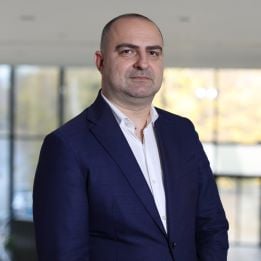






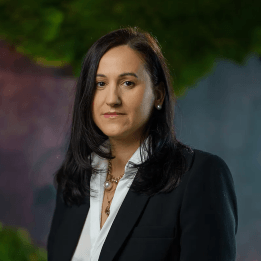



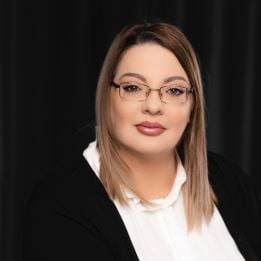
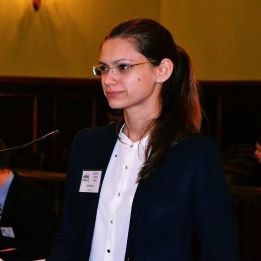





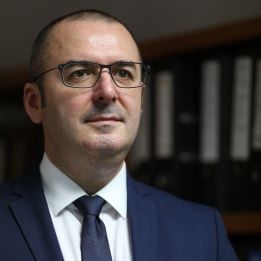
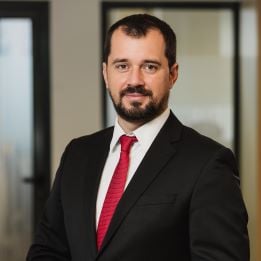
Legal manager, Romania, Moldova, Bulgaria, Serbia, Croatia and Slovenia | STRABAG

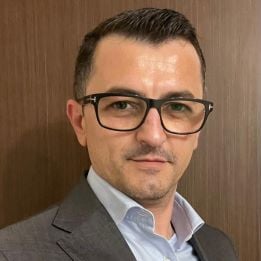


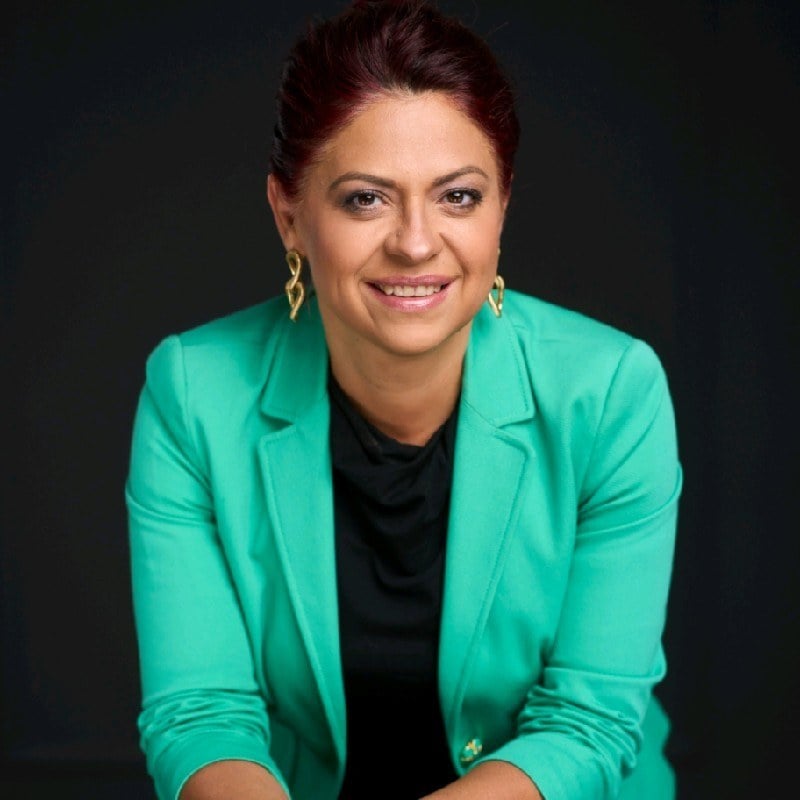





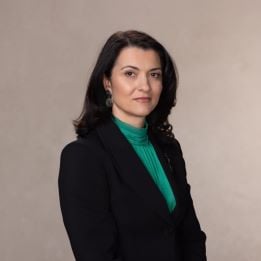
Legal director, directorate member | RetuRO Sistem Garantie Returnare
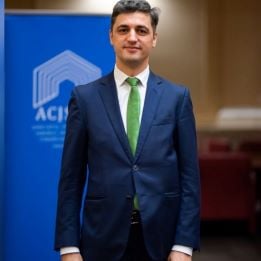


Head of legal, regulatory and public affairs | MOL Romania

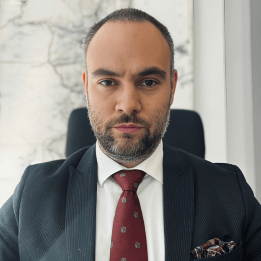





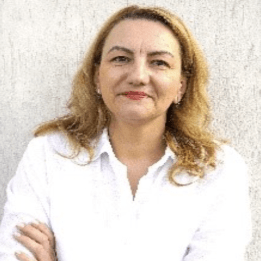
Head of legal, pole agricole, Romania, Turkey, Croatia and Hungary | IPSO Agricultură


Legal counsel, Romania and Central and Southern Europe | Michelin Romania


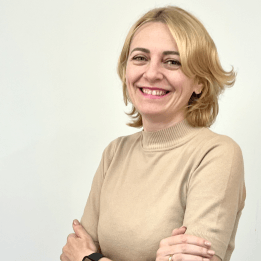
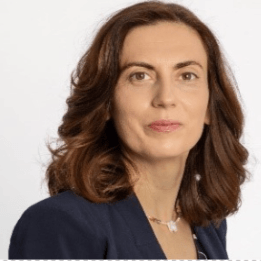








Manager legal department, litigation and general corporate affairs | ING Bank Romania



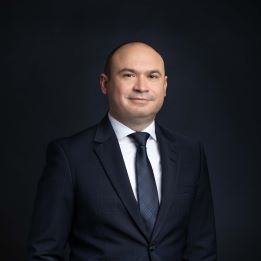

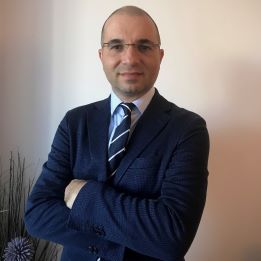




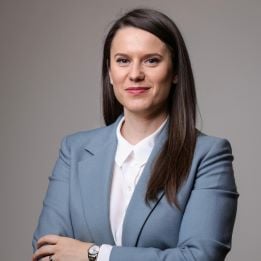

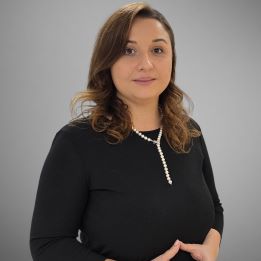

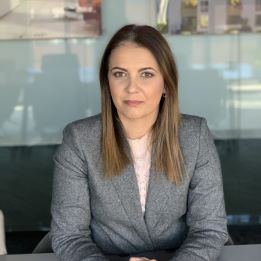


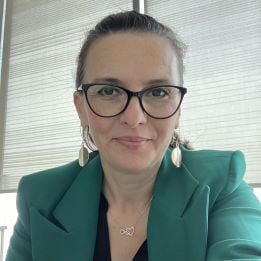

Legal and compliance lead, CEE | Haleon




General counsel, compliance officer and board secretary | Holcim Romania





Assistant general counsel, legal compliance, EMEA | Genpact


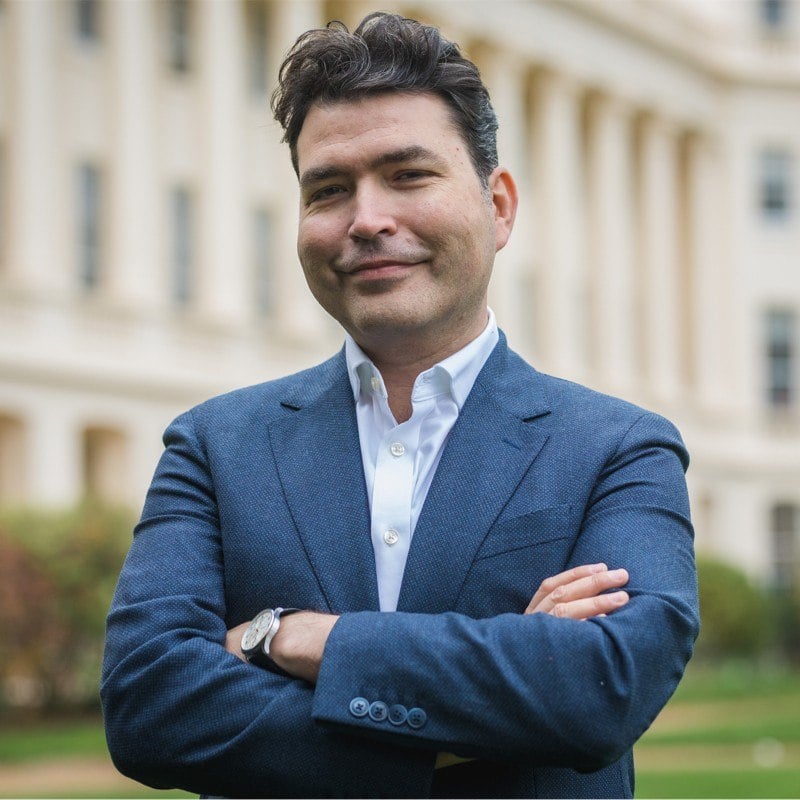








Director of legal and public affairs department and member of the executive committee | Up Romania
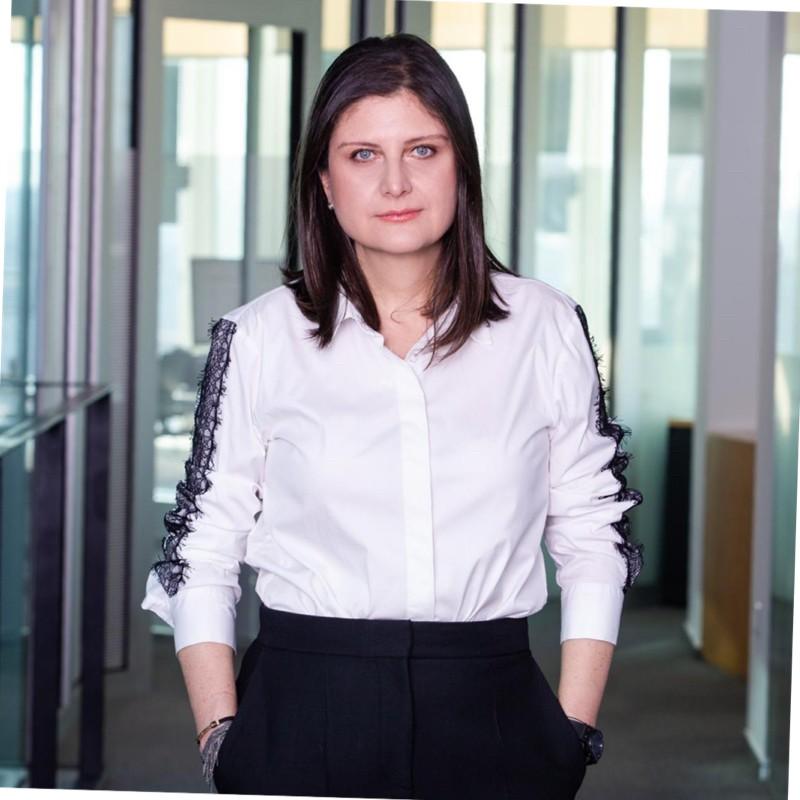




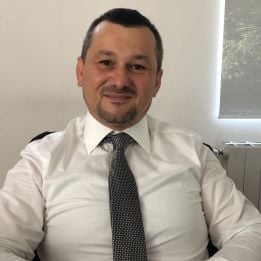




Head of legal and secretariat general department | Bucharest Stock Exchange

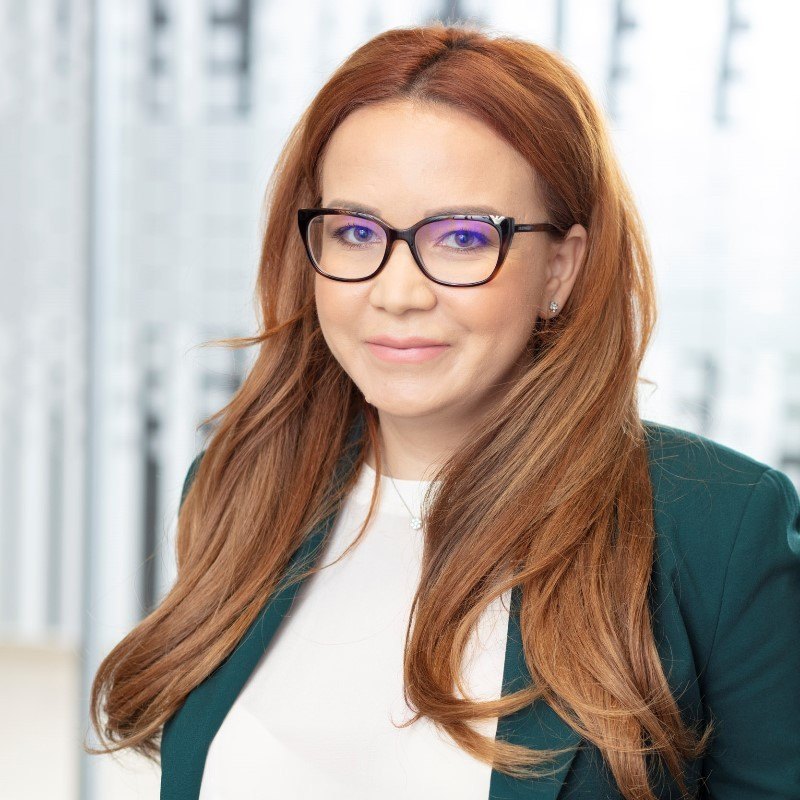

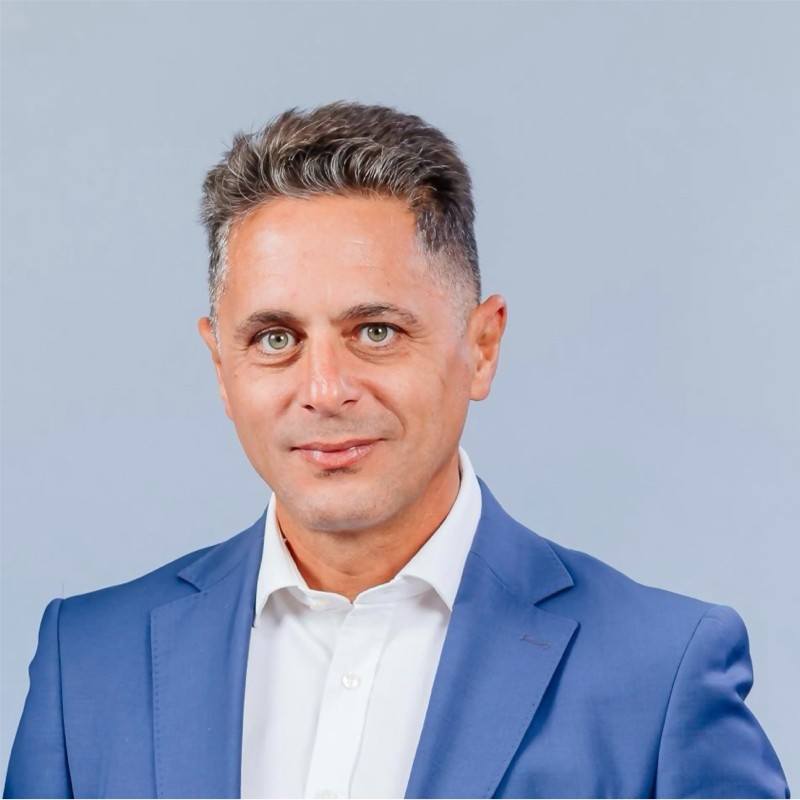

Corporate, external and legal affairs lead, Central Europe | Microsoft




















Head of legal and general partner | Roca X Management
Following the tremendous success of last year’s inaugural edition, the Legal 500 is delighted to present the GC Powerlist: Romania 2024. This publication is dedicated to honouring and celebrating the outstanding achievements of the nation’s leading corporate counsel.
The GC Powerlist highlights the pivotal role that in-house legal professionals play in driving business success across Romania. It underscores their expertise, leadership, and unwavering commitment to excellence. This year’s edition places a spotlight on their remarkable accomplishments and innovative strategies as they navigate the country’s dynamic legal landscape. From addressing regional conflicts and embracing technological advancements to fostering diversity and inclusion and strengthening partnerships with business stakeholders, the honorees demonstrate exceptional adaptability and vision.
Inside this edition, readers will discover in-depth profiles and exclusive interviews with some of the most influential and respected general counsel in Romania, spanning diverse industries. These professionals consistently exemplify their ability to craft legal strategies, mitigate risks, and offer strategic guidance that propels their organisations forward. Their success stories are a source of inspiration for the broader legal community, illustrating the transformative impact in-house lawyers can have on business strategy and organisational growth.
Beyond individual achievements, this publication delves into critical themes and challenges shaping the corporate legal sector. It provides valuable insights and thought-provoking discussions, offering a comprehensive overview of Romania’s legal landscape. Through these narratives, readers will gain a deeper understanding of the extraordinary contributions of the in-house legal community.
We extend our sincere congratulations and gratitude to everyone featured in this year’s GC Powerlist: Romania. Their dedication and success exemplify the very best of the country’s legal talent. It is with great pride that we present this distinguished list of the country’s most exceptional and diligent in-house lawyers.
Francisco Faria e Castro | Research Editor | GC Powerlist Series
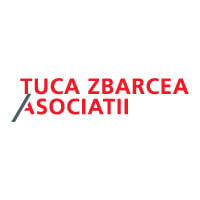
We are delighted to present the most influential in-house lawyers and legal teams in Romania!
The second edition of the GC Powerlist Romania highlights some of Romania’s most experienced GCs who excel at what they do, lead groundbreaking legal work and generally make a significant contribution to the success of their companies. They are not only great leaders, strategists and visionaries, but also valuable legal experts. They are mentors who build a positive culture, empower people to grow and develop, and guide their organisations in an ever-changing business environment. Through their dedication and hard work, they transform law and business every day.
We congratulate all the honourees on the GC Powerlist Romania and we are confident that more and more successful General Counsels and Chief Legal Officers will be recognised in future editions to give an even more complete picture of today’s legal talent.
Țuca Zbârcea & Asociații is proud to be the exclusive partner of The Legal 500 for its GC Powerlist Romania 2024!
Legal 500 returned to Miami to celebrate the launch of the GC Powerlist: Miami 2026, hosted in partnership with Winston & Strawn. The event brought together leading in-house counsel from across the city for an evening recognising their work, leadership, and clear impact within their organisations.
Juan Azel, Chair of Winston & Strawn’s Fintech, Banking and Payments practice, opened the evening with remarks on the opportunities emerging from Miami’s economic growth.
He was followed by keynote speaker Nilo J. Barredo, Head of Legal, Wealth, Banking & Lending for the Americas and Director, Associate General Counsel at Citigroup, who shared perspectives on the evolution of Miami’s in-house ecosystem.
A reception followed, giving this year’s honourees the chance to connect with peers and exchange experiences.
Legal 500 extends its thanks to Winston & Strawn for supporting the recognition of Miami’s outstanding general counsel community, and congratulates all recognised general counsel on their achievements.